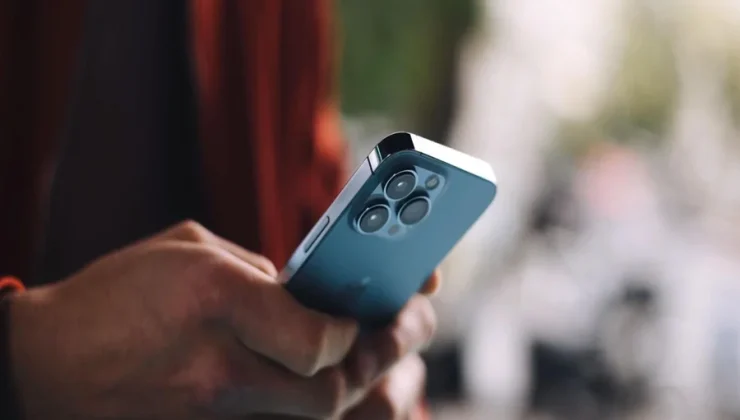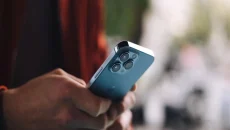Can Your iPhone Be Tracked? A Guide to Digital Privacy

Your iPhone holds a significant portion of your life, from private messages to financial information. This makes the question, “Can I be tracked on my iPhone” a critical one for every user. While Apple has built a strong reputation for security, the answer is more complex than a simple yes or no. Several methods exist for tracking an iPhone, for reasons ranging from safety to surveillance.
This article will explore the ways an iPhone can be tracked, discuss legitimate reasons for monitoring a device, and provide actionable steps to protect your digital privacy.
Why Would Someone Want to Track a Phone?
The idea of being tracked can feel invasive, but there are several valid and common reasons why someone might need to monitor a device’s location and activity. Understanding these motivations provides context for the technology involved. Can I be tracked on my iPhone – Yes!
One of the most common reasons is parental concern. Parents often use tracking tools to ensure their children are safe. This can involve knowing their location, checking who they are communicating with, and protecting them from online dangers like cyberbullying or exposure to inappropriate content. It’s about creating a safe digital environment for them to grow in.
Another reason is for personal device security. If your iPhone is lost or stolen, tracking capabilities are invaluable. Apple’s “Find My” feature is a prime example, allowing you to locate, lock, or even erase your device remotely to protect your personal data. Businesses also use tracking to manage company-owned devices, ensuring employees are productive and company assets are secure.
The Best Way to Keep Your Child Safe: Eyezy
For parents looking for a reliable way to ensure their child’s safety, specialized monitoring apps offer peace of mind. While many options exist, Eyezy stands out as a comprehensive and user-friendly solution designed specifically for parental control. It goes beyond simple location tracking, giving parents a clearer picture of their child’s digital life.
Eyezy allows you to see your child’s location history, set up geofencing alerts that notify you when they enter or leave designated areas (like school or home), and review their social media conversations. This can help you spot signs of cyberbullying or communication with strangers. The app also provides insights into their call logs, text messages, and even browser history, empowering you to have informed conversations about online safety.
What makes Eyezy a leading choice is its discreet operation and powerful features, which are designed to foster trust rather than suspicion. It equips you with the information you need to guide your child through the complexities of the digital world responsibly.
How to Protect Your iPhone From Unwanted Tracking
While tracking can be a tool for safety, you also have the right to privacy. If you’re concerned about being tracked without your consent, you can take several steps to secure your iPhone.
1. Review Your Location Services Settings
Your iPhone gives you granular control over which apps can access your location.
- Go to Settings > Privacy & Security > Location Services.
- Here, you can turn off Location Services entirely, though this will disable maps and other location-dependent features.
- A better approach is to review the list of apps. For each one, you can choose “Never,” “Ask Next Time Or When I Share,” “While Using the App,” or “Always.” Limit access for any app that doesn’t absolutely need it.
2. Check “Find My” Sharing Settings
The “Find My” network is great for finding your own devices, but you can also share your location with family and friends. It’s wise to periodically check who has access.
- Open the Find My
- Tap on the People
- Review the list of individuals you are sharing your location with and remove anyone you no longer wish to have access.
3. Secure Your Apple ID
Your Apple ID is the key to your digital kingdom. If someone gains access to your account, they could potentially use “Find My” on iCloud.com to track your device. Protect it with a strong, unique password and enable two-factor authentication (2FA). 2FA adds an essential layer of security by requiring a second verification step on a trusted device before anyone can log in.
4. Be Wary of Spyware
Advanced spyware can be installed on a device without your knowledge, often through phishing links or by someone with physical access to your unlocked phone. Keep your iPhone’s operating system updated to the latest iOS version, as updates often include critical security patches. Avoid clicking on suspicious links in emails or texts, and never leave your phone unlocked and unattended.
By understanding both the risks and the protective measures available, you can confidently manage your iPhone’s security and decide who, if anyone, has access to your location and data.










